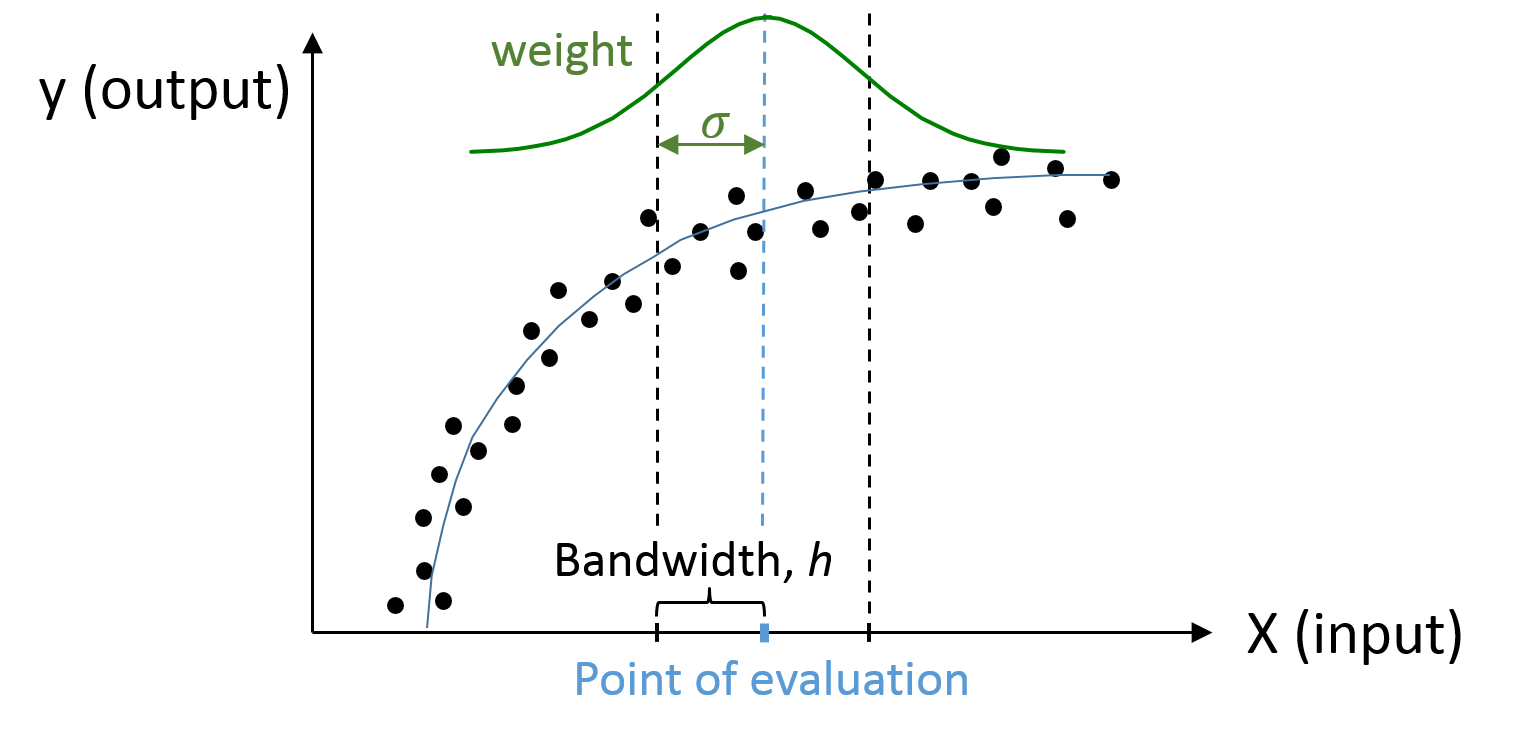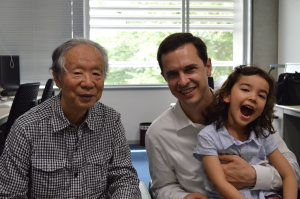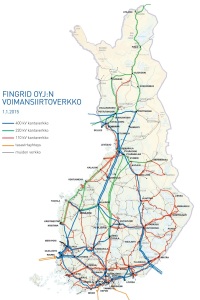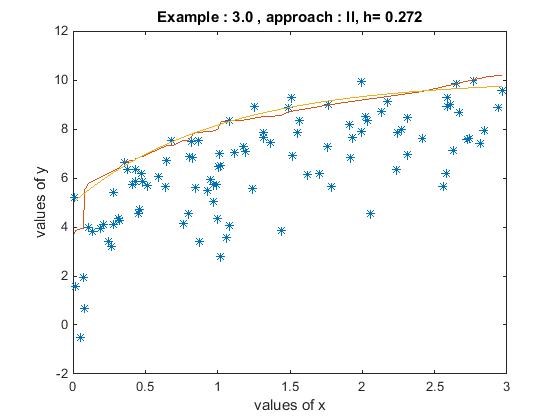
This paper proposes a unifying model and estimator we call Shape Constrained Kernel-weighted Least Squares (SCKLS). We show the relationship between the SCKLS estimator and both the Convex Nonparametric Least Squares (CNLS) and Du’s estimators. Specifically, the SCKLS estimator converges to the CNLS estimator as the bandwidth goes to zero. We compare the performance of the three estimators (SCKLS, CNLS, and Du’s estimator) via Monte Carlo simulations.










